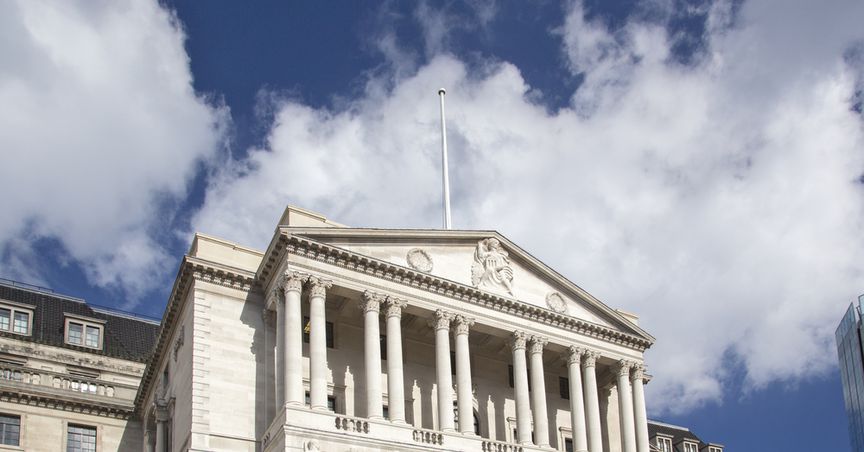Summary
- If the economy continues to recover at a rapid speed, BoE might raise interest rate next year, said Gertjan Vlieghe.
- However, if the new coronavirus variants continue to spread the disease, unemployment could rise as the furlough scheme was withdrawn, and the British economy might need more stimulus by the BoE.
Bank of England’s policymaker Gertjan Vlieghe said on Thursday that the central bank could begin raising interest rates from next year in case the economy recovers at a fast pace. Vlieghe is the external member of the BoE’s Monetary Policy Committee.
He added that if the UK economy grew faster than the central bank’s projections, the interest rates would need to rise by more than 1 per cent within the next three years. Vlieghe also said that rates would have to be pushed up more quickly in case unemployment remains stable by the end of this year and wage pressures increase.
However, if the new coronavirus variants continue to spread, unemployment could rise as the furlough scheme was withdrawn, and the British economy might need more stimulus by the Bank.
The value of the Sterling rose by more than half a cent against the US dollar after Vlieghe's speech at the University of Bath was published, which had these remarks.
Also Read: UK Economy Recovered from Pandemic Lows in March, Claims New ONS Data
Are negative rates still a possibility?
Vlieghe said that the bank rate might dive into the negative territory until 2024 in case the UK economy’s rebound from the Covid faltered. In fact, he projected that under a worst-case scenario, a cut in the interest rate from the ongoing value of 0.1 per cent to -0.25 per cent was possible for as long as a period of three years.
Earlier, the BoE had said that the negative rates would be operationally available by September this year, if required. At the same time, it had added that the success of vaccination programme coupled with good economic growth had lowered the possibility of using this drastic measure significantly.
Also Read: BoE Asks Bankers to Keep Liquidity Tap Open to Help Households, Businesses
Inflation fears?
The Bank official condemned any fears of the seventies-style runaway inflation for the British economy in the near-term. He clarified that inflation is not about a rise in prices of few goods but is about a much more broad-based price rise across goods and services on an ongoing basis.
He dismissed the concerns of Andy Haldane, Chief Economist, BoE, who, recently said that with the rise in prices of items like lumber etc., there was a possibility of an ‘inflation tiger’ waiting to unleash. In fact, earlier in May, Haldane had voted for the BoE to scrap the last segment of £50 billion of its money-printing plan.
The Bank has projected a headline consumer price inflation of over 2.5 per cent by the end of 2021.
Also Read: An Increase in Energy Prices Doubles UK’s Inflation in April
Economic recovery
Vlieghe said that after an unprecedented drop in the national economic activity last year, there is likely to be an unprecedented rise in the national output this year. While there could be a temptation to call it a boom, but it’s actually more appropriate to call it a prospective return to the normal, he added.
He also said that while with the rapid vaccination drive, the economic prospects appeared bright, but the growth could slow down if the coronavirus variants impacted the business activity on an international level. They would impact the pace at which the virus-related restrictions would be eased at the international borders.




